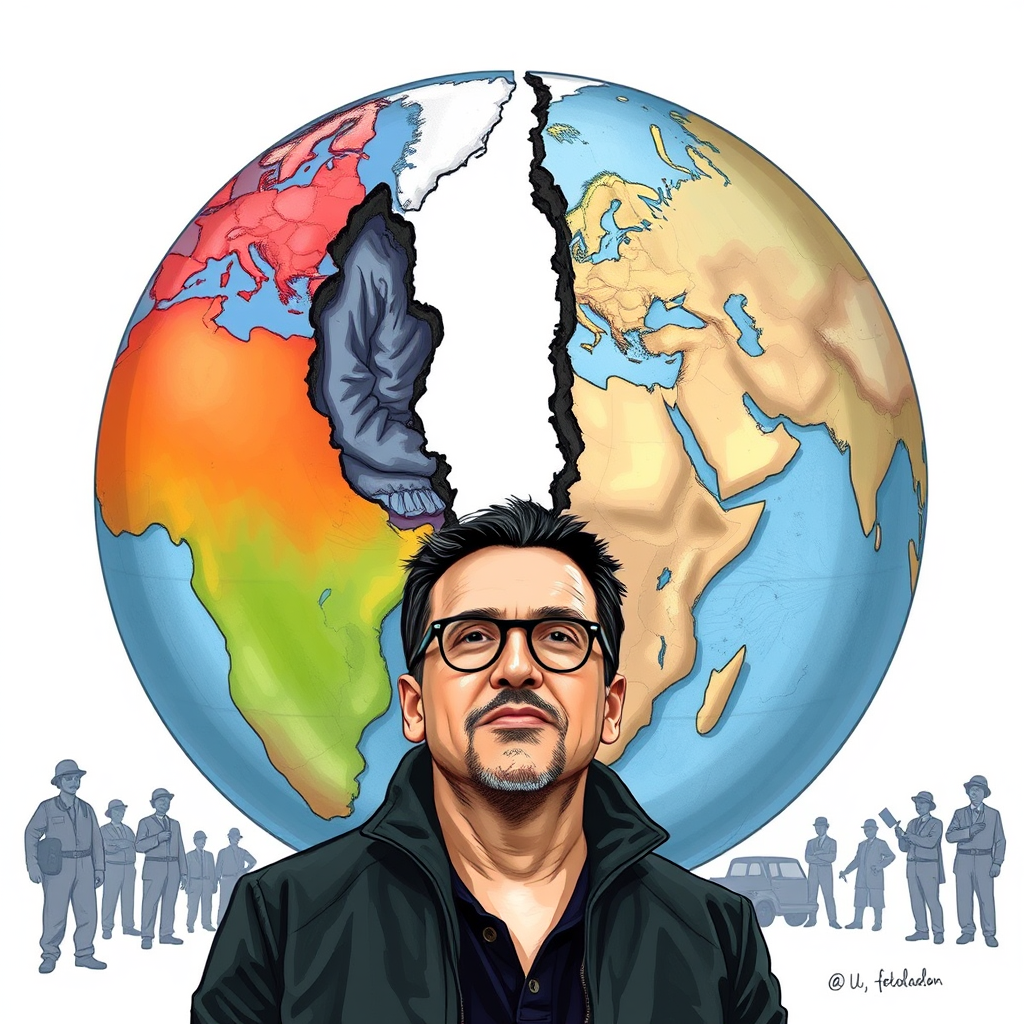Bono Rages at Trump Over Aid Cuts

Bono, the frontman of U2 and a longtime advocate for global aid initiatives, has sharply criticized former President Donald Trump’s efforts to curtail foreign assistance programs, describing the impact as “unbelievable carnage.” In a recent interview with Esquire, Bono detailed the devastating consequences of these cuts on vital health and food security programs, particularly for the world’s most vulnerable populations.
Bono, who has a decades-long history of engaging with social and political issues, has previously voiced opposition to Trump’s policies. He emphasized the dedication of aid workers and the potential loss of progress achieved through years of collaborative effort. He stated these dedicated individuals are being disregarded.
Notably, Bono’s approach to advocacy isn’t strictly partisan. The interview highlighted his willingness to collaborate across the political spectrum, citing his controversial partnership with President George W. Bush to establish the President’s Emergency Plan for AIDS Relief (PEPFAR). That program, responsible for saving over 26 million lives, has recently faced threats under the Trump administration, prompting widespread condemnation.
Bono identifies as a “radical centrist,” believing that pragmatic collaboration is essential for navigating complex global challenges. He argues that extreme ideologies on both the left and right are unproductive.
The former administration’s attempts to diminish the U.S. Agency for International Development (USAID) have led to the suspension of crucial programs worldwide. These programs not only provide humanitarian assistance but also serve U.S. interests by offering early warnings of pandemics and fostering support for American values internationally.
Legal challenges to these cuts have emerged, with some federal judges issuing temporary injunctions to prevent USAID’s dismantling. However, the Trump administration reportedly attempted to circumvent these rulings.
The situation underscores a critical debate about the role of foreign aid in both humanitarian efforts and national security. While disagreements over funding levels and program priorities are common, the potential consequences of drastically reducing assistance – as highlighted by Bono – are significant and deserve careful consideration. It’s a concerning trend to see established, successful programs like PEPFAR threatened, especially given their proven impact on global health and stability. The willingness to work with any administration to advance these causes, as Bono demonstrates, is a testament to the importance of prioritizing human welfare above political divides.